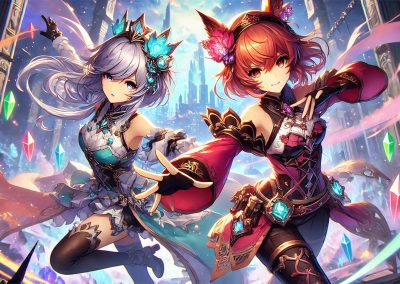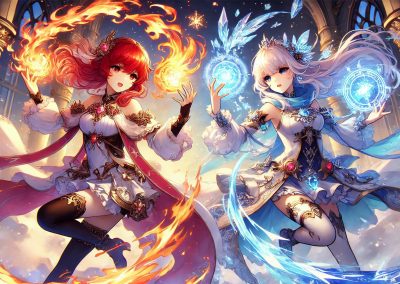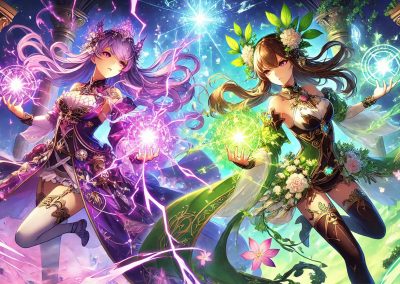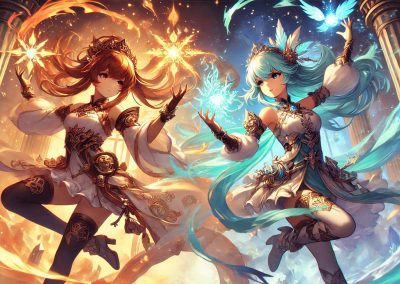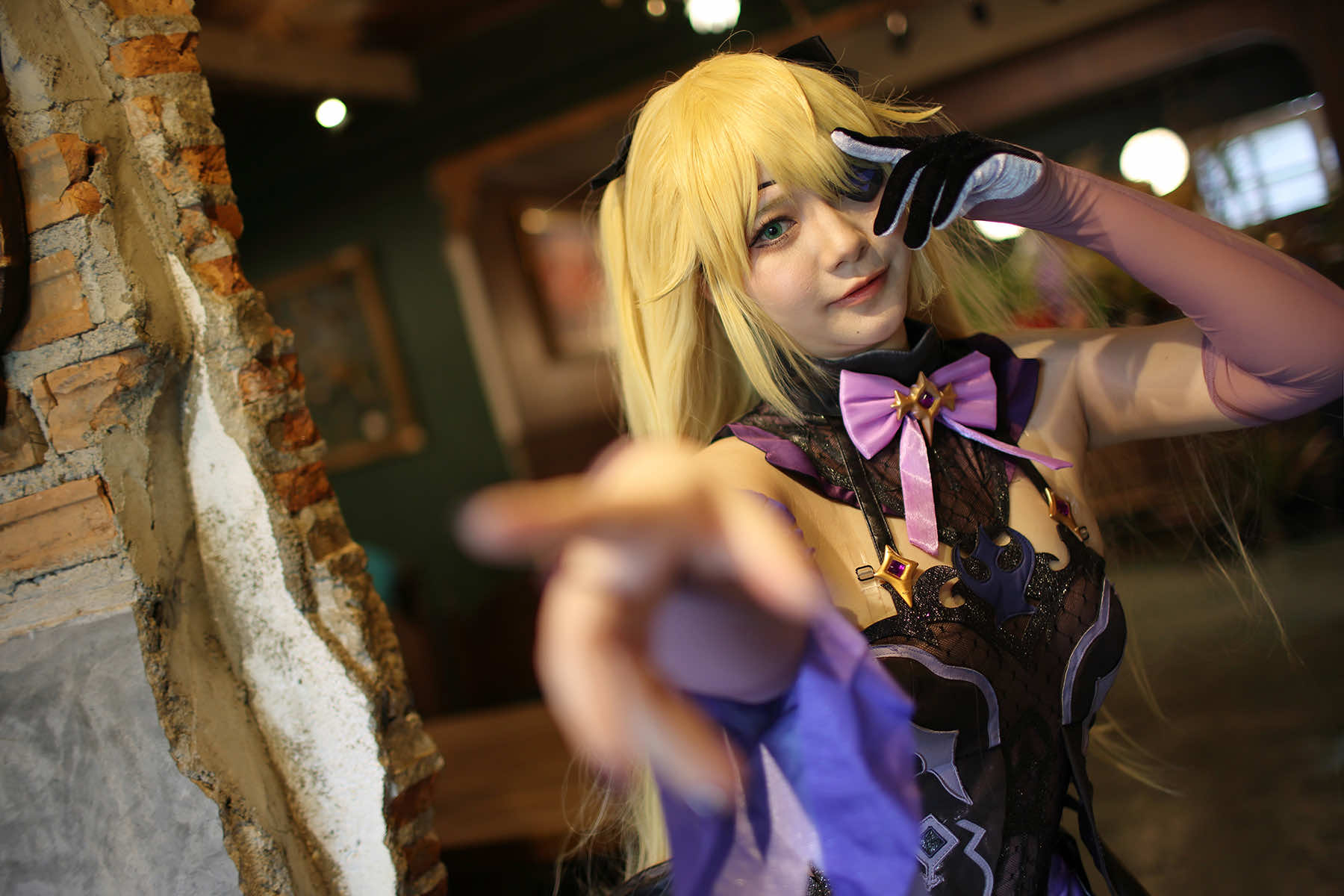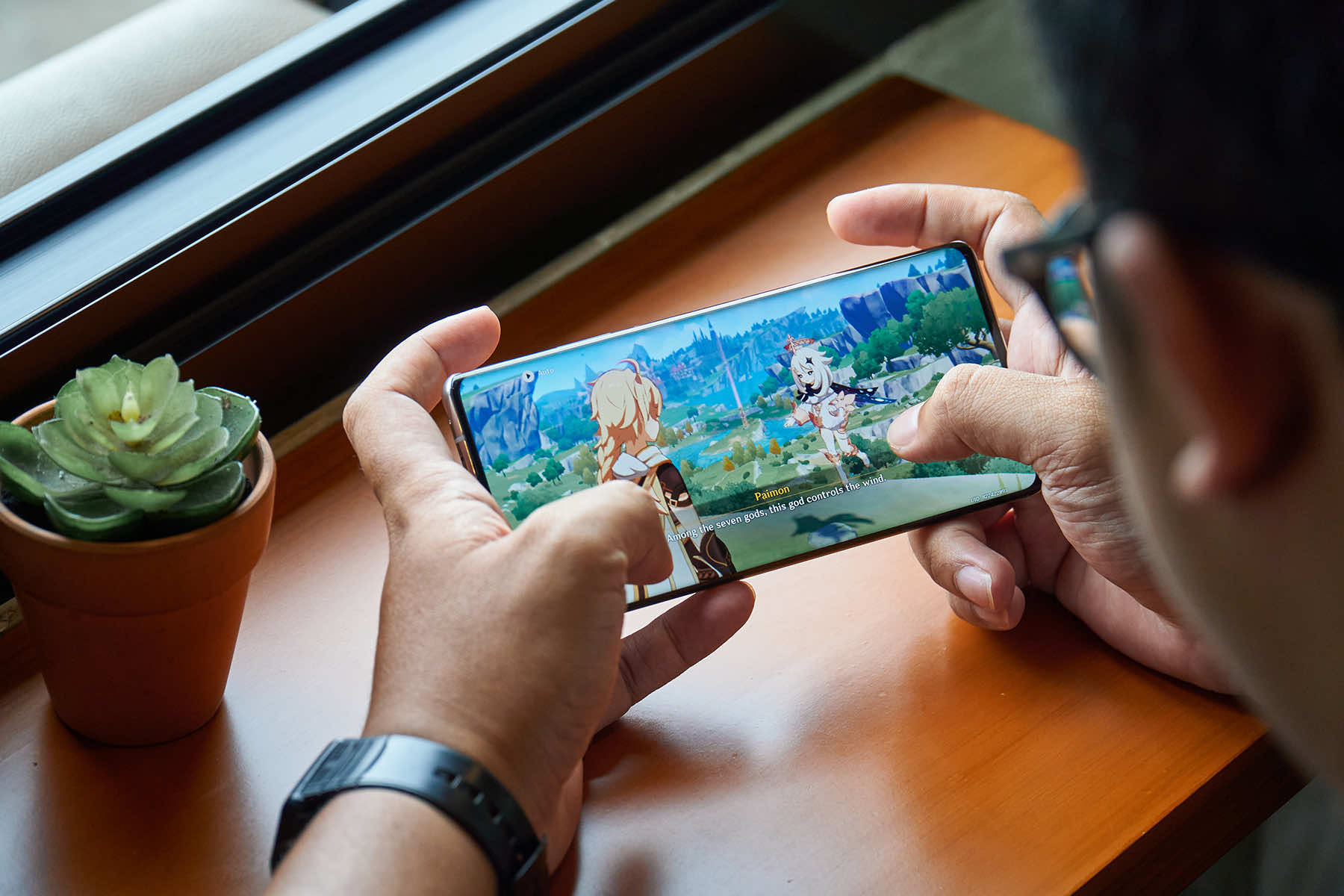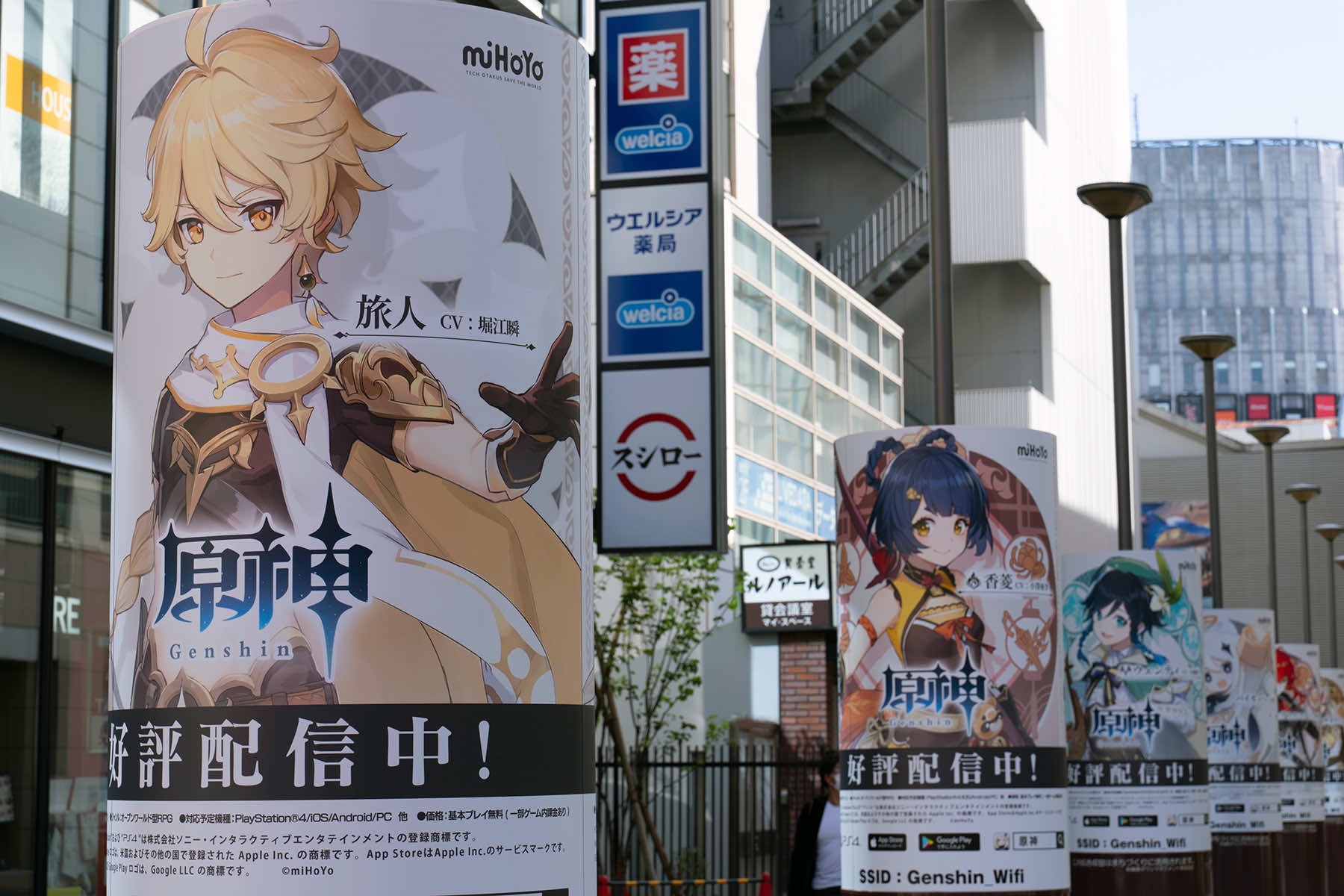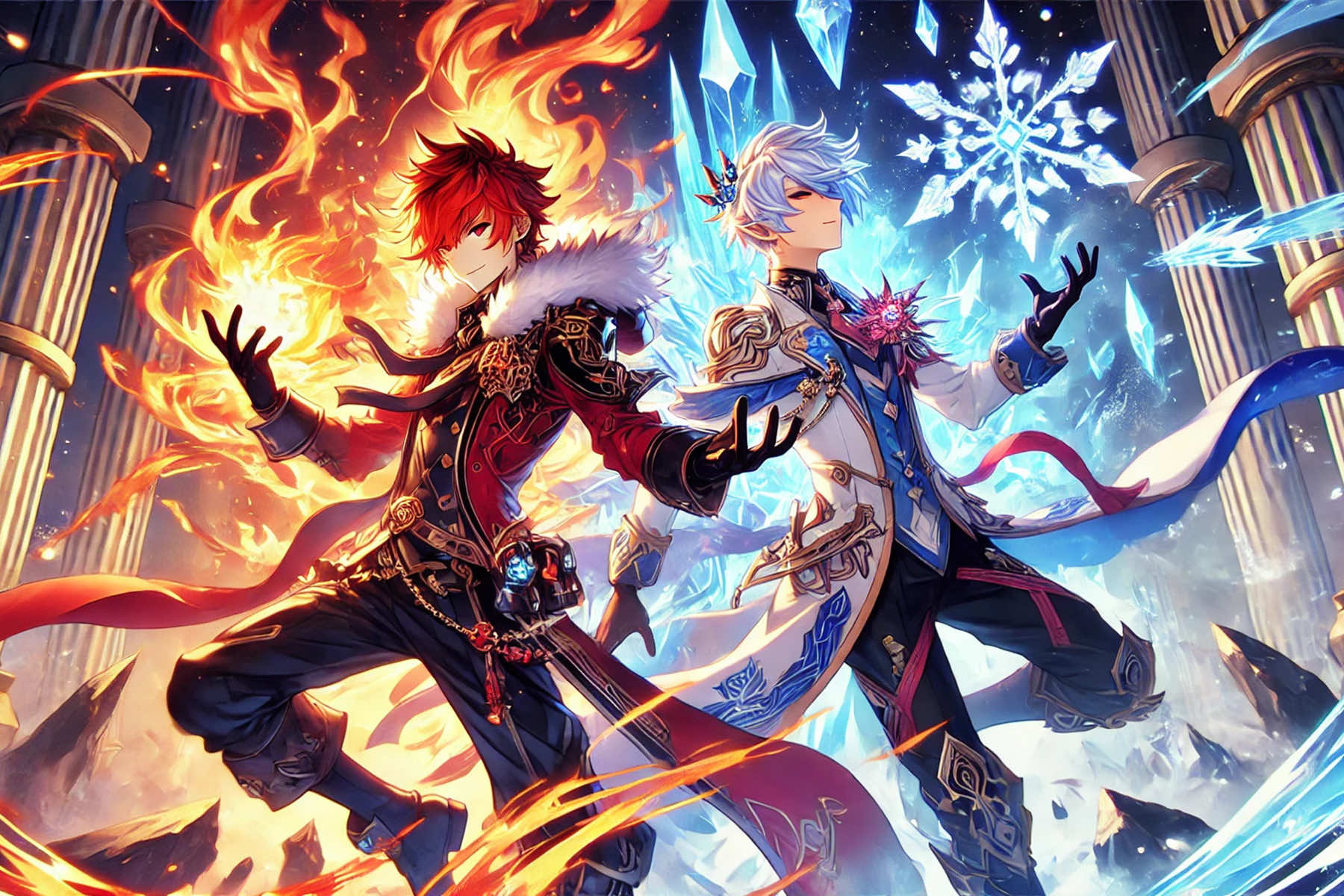
A settlement announced by federal regulators in January called for the maker of a popular mobile game, Genshin Impact, to pay $20 million and implement new safeguards around in-game purchases.
The U.S. Federal Trade Commission (FTC) alleged that Cognosphere, known as HoYoverse within the United States, violated children’s privacy laws, unfairly marketed so-called “loot boxes” to young players, and misled all players about the real financial costs and the odds of obtaining especially rare items.
While Cognosphere neither admitted nor denied wrongdoing in the settlement, the company must now change how it operates, particularly regarding underage gamers. The ripple effects of the settlement will be felt across the gaming community, including in Milwaukee, where Genshin Impact enjoys a robust fan base.
Families, educators, and local tech startups have been keenly following the FTC’s increasingly forceful approach to regulating online games with paid content in recent years. For parents in Milwaukee, the case is a reminder of just how easy it can be for kids to rack up credit card charges in “free” mobile games without fully understanding the financial impact.
“Genshin Impact deceived children, teens, and other players into spending hundreds of dollars on prizes they stood little chance of winning,” said Samuel Levine, Director of the FTC’s Bureau of Consumer Protection. “Companies that deploy these dark-pattern tactics will be held accountable if they deceive players, particularly kids and teens, about the true costs of in-game transactions.”
The complaint alleged that Genshin Impact is a child-directed online service that collects personal information from children under 13 and therefore is required by COPPA to notify parents about the information they collect from children and to obtain their consent for the collection of that personal data. Cognosphere’s game Genshin Impact is arguably one of the most successful “free-to-play” titles in the world of “gacha” games, generating much of its revenue via in-game spending.
THE DARK SIDE OF GACHA
Gacha games have become a global gaming phenomenon, particularly on mobile platforms, captivating players with their combination of excitement, collection, and chance. But behind the colorful characters and addictive gameplay lies a business model designed to keep players spending.
At its core, gacha mechanics are inspired by capsule toy vending machines, popularly known as gachapon in Japan. Players spend in-game currency purchased with real money to “pull” or “roll” for randomized rewards, such as rare characters, powerful weapons, or other valuable items.
The thrill comes from the uncertainty. Each roll could yield a coveted prize, or it could result in a less-desirable reward. Here are some of the key features of gacha mechanics:
- Randomized Rewards: The primary hook of gacha games is their reliance on chance. Like opening a pack of trading cards, players are never guaranteed the item they want, which keeps them coming back for another pull.
- Limited-Time Events: Many gacha games introduce time-sensitive banners or events, where certain characters or items have increased odds of appearing. This creates a sense of urgency and fear of missing out (FOMO), driving players to spend quickly.
- Multiple Currencies: Gacha games often use a combination of free and premium currencies, blurring the line between gameplay and monetization. Players can grind for free pulls, but premium currency offers quicker access to the same rewards, tempting them to open their wallets.
- Rarity Tiers: Items and characters are typically categorized into rarity tiers, with higher-tier rewards being disproportionately rare. The promise of acquiring a top-tier character fuels the excitement—and the spending.
- Psychological Triggers: Gacha games exploit psychological concepts like the “near-miss effect,” where players feel they were almost lucky, prompting more rolls. Add to that the social validation of showing off rare items, and it becomes clear why these mechanics are so compelling.
While gacha games can be entertaining, critics argue that they can exploit players, especially younger audiences or those susceptible to gambling-like behaviors. The randomized nature of gacha pulls mirrors gambling mechanics, and players can end up spending significant amounts of money chasing elusive rewards. Critics say this system can lead to hidden costs, gambling-like behaviors, and unintended charges on parental credit cards.
The FTC’s complaint against HoYoverse stated that children under age 16 were prompted or encouraged to purchase loot boxes without parental knowledge or authorization. The agency also claimed that the company failed to adequately disclose the true odds of obtaining certain highly prized “five-star” characters and items. Because these characters are highly sought after, many players end up spending money repeatedly in hopes of receiving them.
WHY THIS MATTERS TO MILWAUKEE
Milwaukee’s gaming community has grown steadily, fueled by eSports programs at local universities, gaming clubs at high schools, and a thriving online player base that enjoys mobile and PC-based games.
For local families, the settlement highlights the need for careful attention regarding how children and teenagers engage with supposedly free entertainment platforms. Many parents have encountered unexpected charges on their credit card statements linked to online games, sometimes totaling hundreds or even thousands of dollars.
“Honestly, I’m glad the FTC has stepped in,” said a 27-year-old Milwaukee gamer who regularly plays Genshin Impact. “I’ve spent money on this game, and it’s easy to lose track of how much when you’re pulling for a 5-star character. If this fine forces the company to be more transparent, it’s a win for all of us – especially younger players. It can be addictive, and kids might not fully understand what they’re getting into.”
From a broader perspective, the case also signals a heightened focus on consumer protection in digital spaces, a matter of particular interest to startup founders and software developers in the Milwaukee area. As the region’s tech scene expands, future entrepreneurs building apps or games with in-app purchases will likely face higher scrutiny around transparency, disclosures, and protections for underage users.
For youth who enjoy playing Genshin Impact, the settlement does not mean the game will vanish. Rather, it is intended to make in-game spending more transparent and to ensure that if players are under 16, they cannot spend money on loot boxes without a guardian’s explicit permission.
The changes could ultimately improve trust in the free-to-play model, so that fans can focus on gameplay rather than confusing, possibly predatory marketing systems.
© Photo
Ned Snowman, Infantry David, Piyato, Lukmanazis (via Shutterstock), and Dall-E

